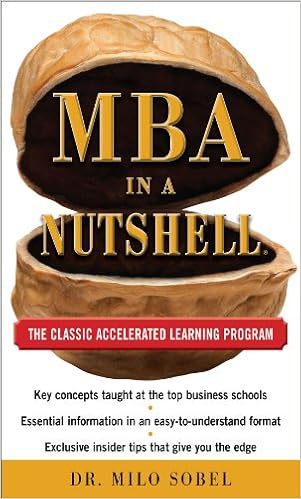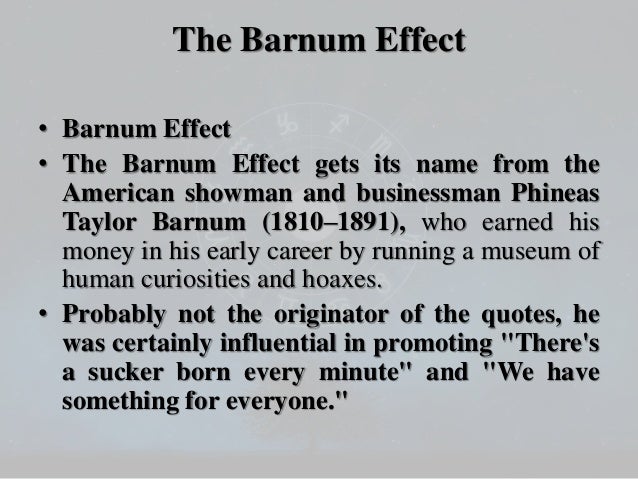Today we are going to discuss, with actual scientific evidence, what do women actually prefer, nice guys or rich guys. This question reminds me of the flak I used to get over 20 years ago when I was a relationship troll in the nus.talk.romance forums - now in its latest incarnation on Facebook as NUS Whispers.
Even in those horrible days, there is a lot of hypocrisy over Gen-X women's purported preference of SNAGs or Sensitive New Age Guys. Fast forward to today, the SNAGs of yesterday might well be the Incels of today - involuntary celibates relegated to the dark corners the dating world. IMHO, many hard-charging, career oriented Gen-X women today are either unmarried or marry beta males and had to go through the process of dressing them up as alphas.
Let's see what social scientists have to say regarding this question :
a) Men are attracted to nice women, but women are not attracted to nice men.
We need to first begin with a proper definition of the word "nice". Basically, a nice guys supports and affirms the self-image and values of a woman and demonstrates sincerity in investing resources into the relationship. If you are a fan of the Friends sitcom, Ross is a classic nice guy. In psychology, this trait is known as "responsiveness"
Here's the deal, in 2014, Birnbaum, Ein-Dor and Segal in the Personality and Social Psychology Bulletin showed that responsiveness in a women increased sexual interest in men, but responsiveness in men do not have a similar effect on women. One possible reason for this is responsiveness is largely seen as a feminine trait.
You may find the abstract here.
b) Women are attracted to manipulative men who are also narcissistic psychopaths
Narcissism, psychopathy and manipulativeness form the Dark Triad of personality. Men of the Dark Triad are social climbers who seek prestige or status and generally unconcerned with the morality of their actions. When it comes to the Dark Triad in males, look no further than Emperor Palpatine of the Star Wars movies.
In 2014, Campbell and Muncer wrote in the book Personalty and Individual Differences was able to obtain evidence that women find men who exhibit the Dark Triad personality traits as being more attractive than men who don't.
Full text of the research paper can be found here.
c) Women just have better sex with rich men
If this does not get a guy to start buying dividend stocks and start saving money, nothing will.
In 2009 in a journal entitled Evolution and Human Behavior, a survey was conducted on 1,534 women in China on the frequency by which they attain orgasms.
The results are tabulated here :

Based on the experiment, having increasing wealth leads to higher probability of always having an orgasm and mitigates the possibility of having no orgasm during sex.
If you are offended by this assertion, the full text to the paper can be found here.
I think clearly there is an objective answer to the question as to whether it is better to be a nice guy or a rich guy. Of course, these two traits are not mutually exclusive.
Too bad the research has not been conducted yet when I was making such bald assertions when I was an undergraduate. It would be much harder to argue against someone armed with data from social scientists.
.jpg?origwidth=800&origheight=400&origmode=crop&Anchor=MiddleCenter&width=600&height=300&scale=both&mode=crop)






